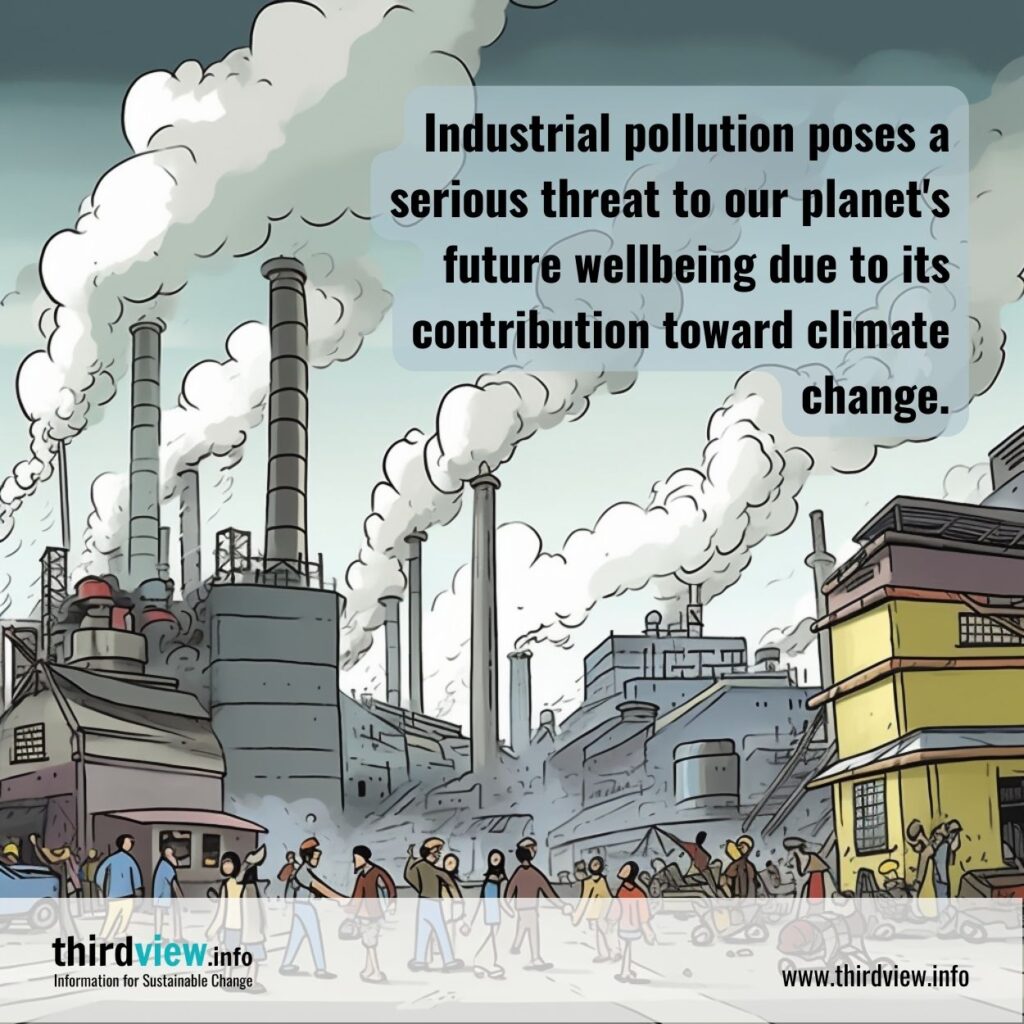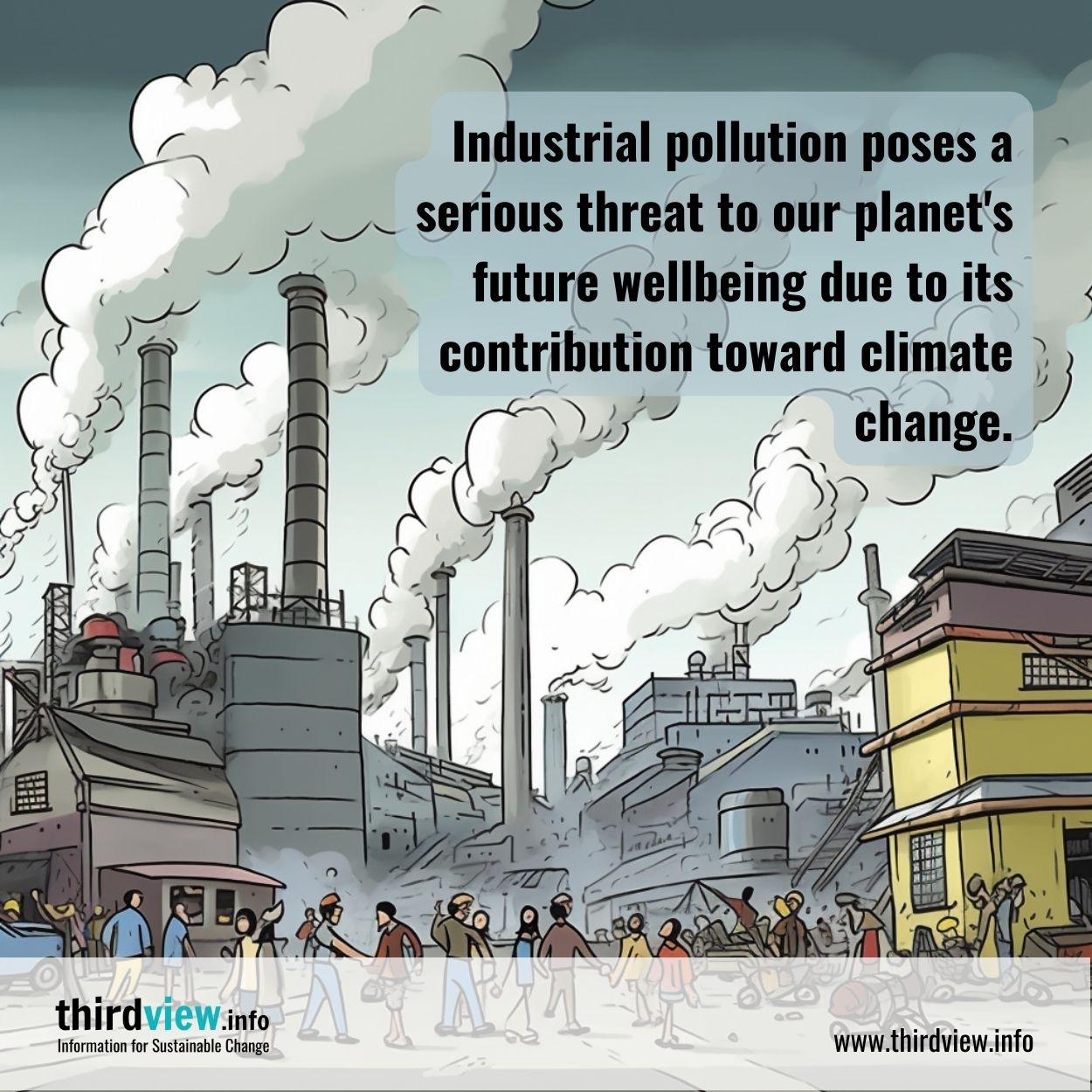With the world becoming increasingly aware of the effects of climate change and the need to reduce emissions, it is important to understand how industrial pollution contributes to climate change. Industrial pollution can be defined as any emissions that are produced by industry and released into the environment, including carbon dioxide from burning fossil fuels, methane from farming, and other pollutants such as sulphur dioxide and nitrogen oxides. In this blog post, we will discuss how these pollutants contribute to global warming.
Carbon Dioxide Emissions
The burning of fossil fuels for energy production is one of the biggest contributors to global warming. When these fuels are burned, they emit large amounts of carbon dioxide (CO2) into the atmosphere. This CO2 acts as an insulator in the atmosphere and traps heat that would otherwise escape out into space, leading to a rise in average global temperatures. According to a recent report by the International Energy Agency (IEA), energy-related CO2 emissions are responsible for around two-thirds of all global greenhouse gas emissions.
Methane Emissions
Another major contributor to global warming is methane emissions, which come mainly from livestock farming and agriculture activities such as rice cultivation. Methane has an even stronger insulating effect than CO2 does and so contributes significantly to global warming. It has been estimated that agricultural activities account for around 10 percent of total global methane emissions each year.
Other Pollutants
In addition to carbon dioxide and methane, there are other pollutants released into the environment by industry that also contribute to climate change, such as sulphur dioxide (SO2) and nitrogen oxides (NOx). These compounds form aerosols in the atmosphere which can reflect sunlight back into space before it reaches the Earth’s surface, leading to a cooling effect on average temperatures. However, this cooling effect is only temporary; over time these aerosols will break down in the atmosphere and release their trapped heat back into our planet’s climate system.
Industrial pollution poses a serious threat not just to human health but also our planet’s future wellbeing due its contribution toward climate change. Carbon dioxide from burning fossil fuels is one of the biggest contributors toward rising temperatures while methane from agriculture adds another layer onto this problem. Additionally, other pollutants like sulphur dioxide (SO2) and nitrogen oxides (NOx) have an indirect impact on climate change through their ability to form aerosols in the atmosphere which can act as a temporary shield against incoming solar radiation until they eventually break down again releasing their stored heat back into our planet’s climate system. Reducing industrial pollution should be at the forefront of any nation’s efforts if we are going have any hope of reversing or at least slowing down our changing climate conditions caused by greenhouse gases emitted by humans since pre-industrial times.


